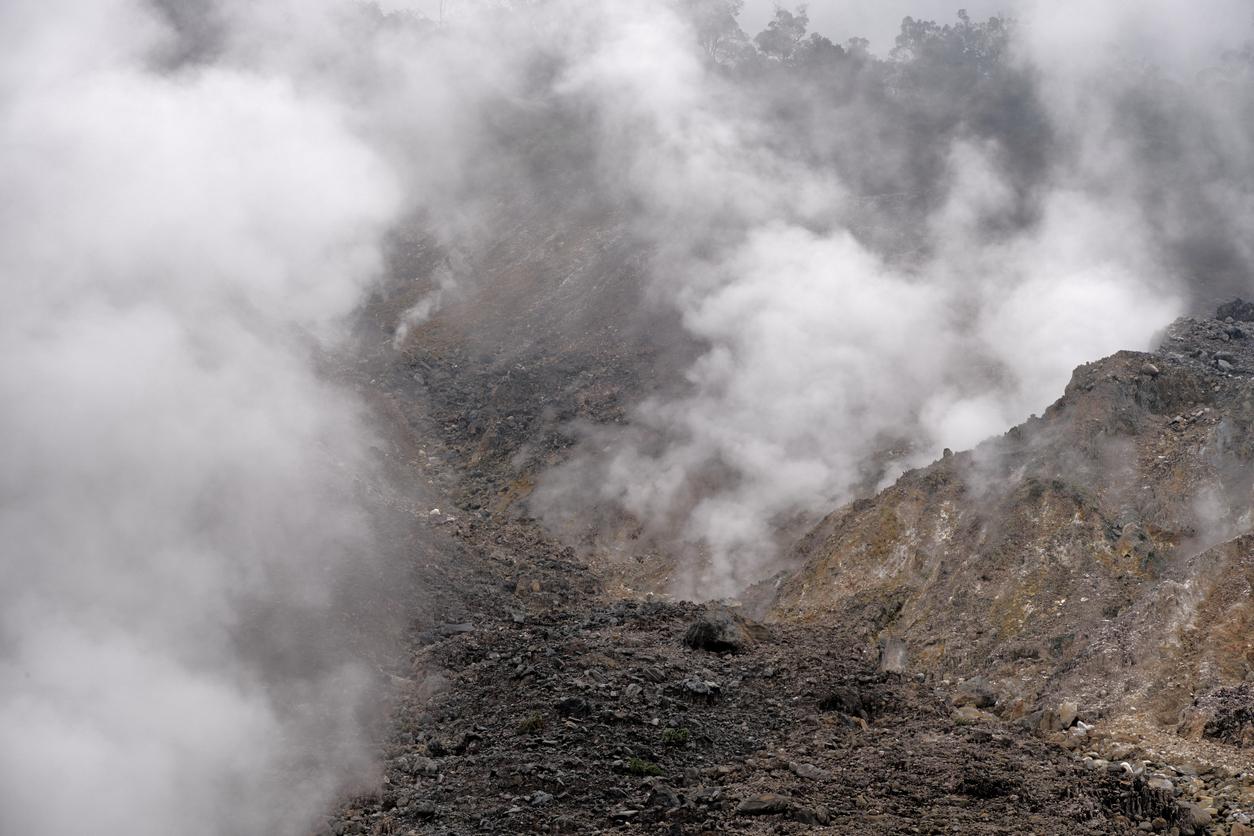Researchers reveal that, after a certain age, dehydration can have repercussions on cognitive functions, starting with the ability to concentrate.

- Dehydration, or a lack of water and minerals in the body, can have significant effects on the brain and cognitive function in middle-aged and older people, a study has found.
- “The more dehydrated the person was, the more difficult it was for them to perform the sustained attention task” that was imposed on them: it took them longer, and they made more mistakes.
- It is crucial that this age group, who are more vulnerable to dehydration, drink water regularly, according to the researchers, especially since “as people age, their sense of thirst in response to dehydration diminishes.”
Dehydration, or the lack of water and mineral salts in the body, can cause a wide range of physiological disorders: weight loss, drowsiness, lack of skin elasticity, dizziness, kidney problems… But beyond a certain age, it can also have significant effects on the brain and cognitive functions, according to a study published in theAmerican Journal of Human Biology.
What is the link between lack of hydration and cognitive performance?
To reach this conclusion, researchers from the University of Pennsylvania (United States) studied, over a period of three months, 78 adults aged 47 to 70, i.e. “an age group where we are beginning to see a risk of cognitive decline”we can read in a communicatedThey asked them to respect their lifestyle and water consumption habits, then determined the participants’ hydration level by analyzing the balance of mineral salts (sodium, potassium, etc.) and water in their blood samples.
Throughout the study, it appeared that between 29 and 39% of the volunteers were dehydrated, meaning they were drinking less water daily than their bodies needed.
At regular intervals during the three-month follow-up, participants were asked to complete questionnaires and perform several neurological tests to measure their inhibition, working memory, cognitive flexibility and sustained attention.
Dehydration can affect the ability to pay attention
If, “good news”the researchers observed no significant link between dehydration and inhibition, memory or cognitive flexibility, they found that “The more dehydrated the volunteer was, the more difficult it was for him to complete the concentration task.” : it took him longer, and he made more mistakes.
“It is crucial that middle-aged and older people, who are more vulnerable, drink water regularly, warns Professor Asher Rosinger, lead author of the study. This will help them maintain their attention over the long term, for example when they are at work […] or when they do difficult crosswords with their friends.” This is all the more important for this age group because “As people age, their sense of thirst in response to dehydration diminishes.”

















